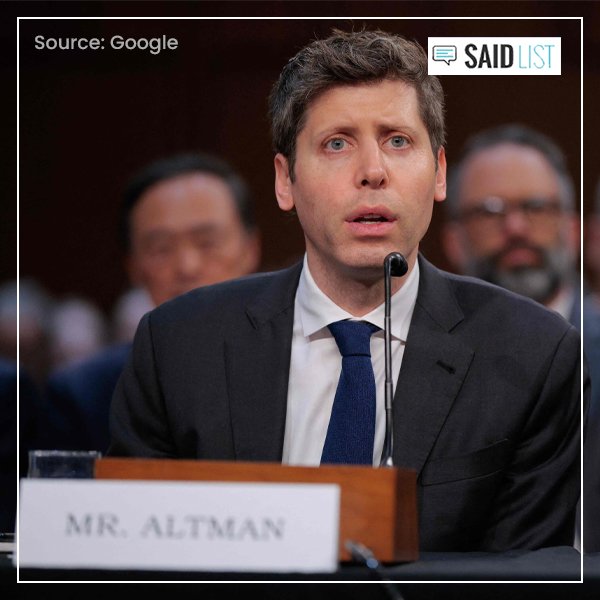The District Consumer Disputes Redressal Commission in Ranga Reddy, Telangana, fined Swiggy ₹35,000, creating controversy around the popular app. Emmadi Suresh Babu, a resident of Hyderabad, alleged unfair trade practices, claiming company inflated delivery distances and increased charges. This recent case serves as a stark reminder for online platforms about the repercussions of manipulating consumer data.
The Case Against Swiggy: What Went Wrong?
Babu, a Swiggy One member promised free delivery, was shocked when his nearby restaurant order was inaccurately flagged distant. Babu claimed the distance between his home and the restaurant should be around 9.7 km, not 14 km. Swiggy’s app charged him an additional ₹103 for delivery based on the inflated distance shown on the app. To support his claim, Babu provided screenshots from Google Maps that displayed the actual distance of 9.7 km. These screenshots prompted the court to take swift action against Swiggy for misleading distance information and overcharging customers.
Absence of Swiggy and Court’s Ruling
In a surprising turn, Swiggy did not attend the hearings, leading the court to proceed ex parte, effectively delivering the Judgement in the absence of Swiggy’s defense. After reviewing the evidence, the court ruled that the company had engaged in unfair trade practices by altering the delivery distance, which consequently impacted Babu’s consumer rights.
The judgment ordered the company to refund ₹350.48 for the food order with 9% interest from the filing date. Additionally, they must refund the ₹103 delivery fee and pay ₹5,000 each for mental distress and litigation costs. Furthermore, Swiggy was instructed to stop inflating distances for Swiggy One members.
Punitive Damages and Consumer Welfare Fund Contribution
The court also imposed punitive damages of ₹25,000 on Swiggy, payable to the Consumer Welfare Fund of the Ranga Reddy District Commission. Swiggy has 45 days to comply with these instructions, sending a strong message to other digital service providers about the importance of consumer transparency and ethical practices.
Key Takeaways: Transparency is Key in Digital Services
This case highlights the critical need for online platforms to uphold transparency and accuracy in their practices. As digital platforms grow in influence, consumers are increasingly demanding fair and honest services. For businesses like Swiggy, prioritizing customer trust is crucial, particularly in an industry where loyalty and reputation are difficult to earn and easily lost.











